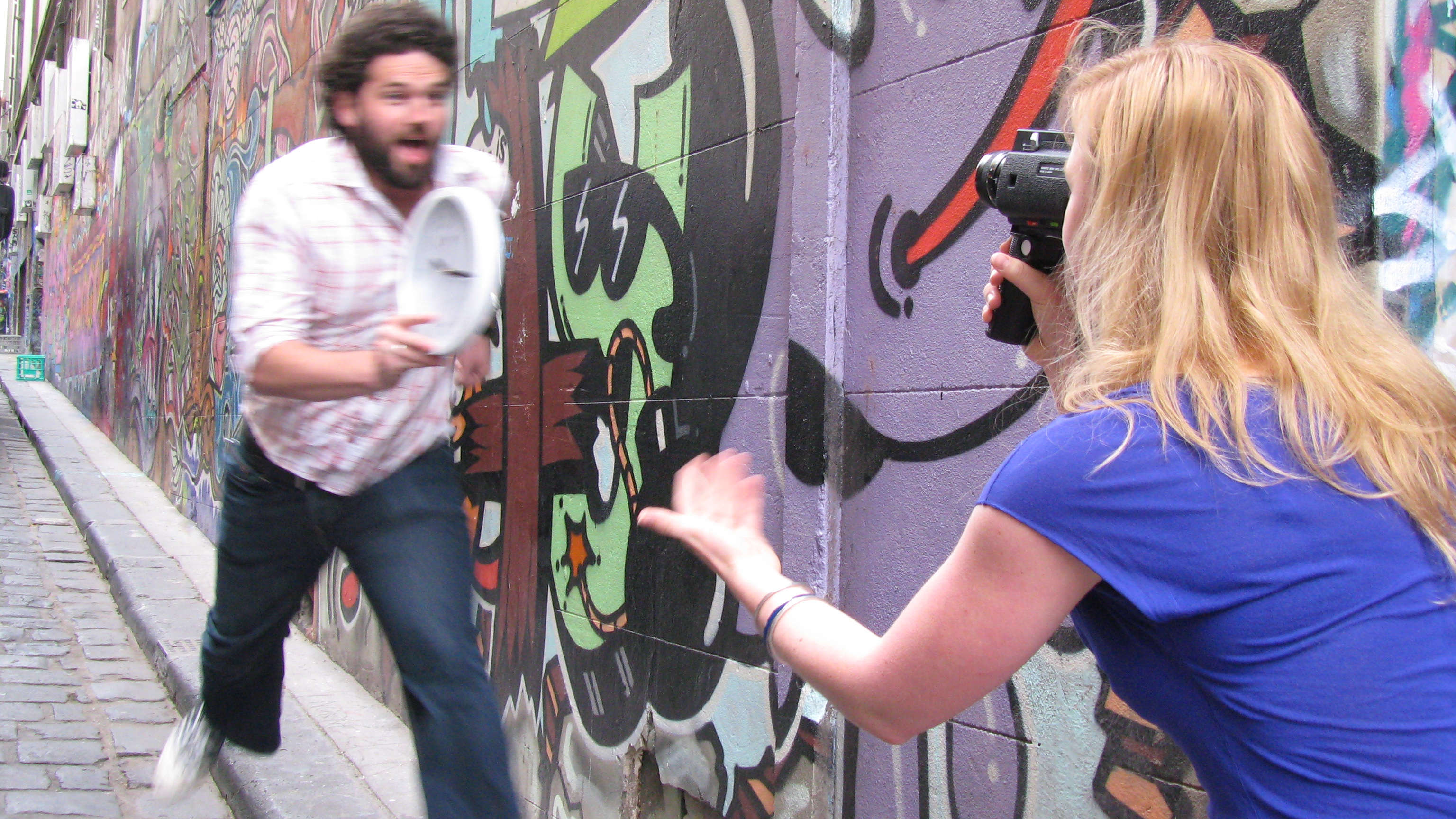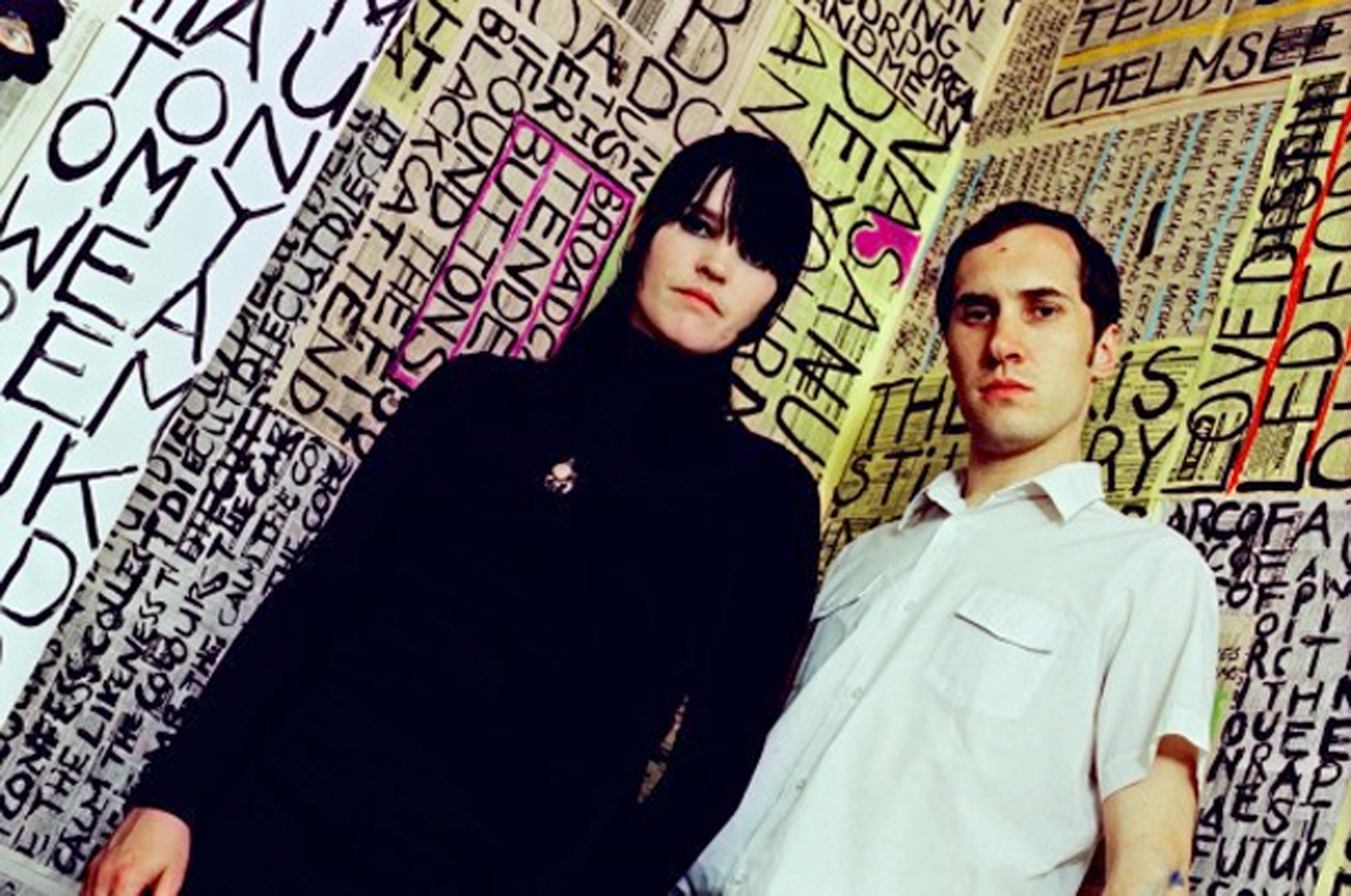There’s certainly no shortage of film festivals in Melbourne.
There’s certainly no shortage of film festivals in Melbourne. The Japanese Film Festival is upon us, the Festival Of Jewish Cinema is coming to an end, and in the criteria of short films, there’s the Hillside Film Festival, Portable and Made in Melbourne. Amongst the sea of filmic festivities that the city has to offer, the 48 Hour Film Project is undoubtedly one that stands out from the crowd.
“We are different from other film festivals,” says Tommy Blum, director and president of the Project. “I’m not just collecting films that people have made; I’m setting up a competition. That’s why we call it a ‘project’ because it’s also a festival but it’s also a competition. It’s basically a competition that’s followed by the festival.”
Indeed, it’s a competition, but coining it the ‘impossible project’ would be apt also. Only in its third year in Melbourne, participants of the 48 Hour Film Project are required to make a short film between four to seven minutes long. The catch is, they only have 48 hours to do so, which also means that between December 3 to December 5, they’ll be no lack of caffeine-wired filmmakers lurking the streets of Melbourne.
The plot thickens: “The filmmakers will come at 6pm on Friday [December 3] to Federation Square and we will reveal the prop, line and character,” explains Blum. The currently unknown prop, line and character are elements that each team must include in their short film. Last year, the prop was a piggy bank, the character a statistician either named Lily or Lance Walker (a choice of male or female), and the line of dialogue: Where the bloody hell are ya mate?
“This is basically how we limit the pre-production stage, and how we limit the filmmakers from making anything in advance,” says Blum. Then finally, team leaders draw a genre from a hat. There are 14 genres in total covering a range from Buddy Film, Comedy, Mockumentary, Silent Film, Musical, Western and so on. From here, the fundamentals are now set and the 48 Hour Film Project begins.
The initiative was started ten years ago in Washington D.C. by Mark Ruppert and has since gone global with 88 cities currently in the mix. On average, a team composes of 15 to 20 people from amateurs, professionals and students, or simply just people doing it for fun. The largest team so far was a US-based team that broke the 150 people barrier, and most recently, a local Richmond team had 108 people.
“We have an average of 30 teams a year,” says Blum. “We’re looking at something around 700 filmmakers participating in a year. We’re looking at something like 25 to 30 films made in a year for the Melbourne competition.”
There’s no surprise that the past teams have gone all-out to produce something remarkable since the prizes that are on offer are a little hard to resist.
Aside from having a platform to show their work in front of over 400 film industry people and film lovers (let alone screenings on television and a chance for your film to go viral), there are eight categories in which to win something sweet from Best Director, Best Editing work, and the Audience Choice Award, which is unique to the Melbourne event.
However, the biggest prize of all goes to winning the category of Best Overall Film. “If you actually win the Melbourne one, the first award is a return flight ticket to the Miami International Film Festival,” explains Blum. “Miami International Film Festival is holding the Filmapalooza, which is the international 48 Hour Film competition. So every winner from every city will meet in Filmapalooza at the Miami International Film Festival in March and compete toward being the worldwide best 48 Hour Film Project 2010.” The top 12 films from the worldwide competition will then have their film screened at The Short Corner at the Cannes Film Festival.
Though incomplete films will be shown at Melbourne’s 48 Hour general screenings, they will not be eligible for the Best Overall Film category.
Undoubtedly, the competition itself is backed by a unique concept, but this is not to overshadow the quality of work that has been produced from it. As Blum recalls, “Last year, during awards night, all the 12 films were quality films. People saw a lot of short films but every one of them touched you and you remember at least seven or eight of them that you wanted to talk about after the screening… People wanted to screen them on TV because it’s not just the concept that’s cool, the films are actually good by themselves.”
The 48 Hour Film Project begins on Friday December 3 at 7pm and films are dropped off on Sunday December 5 at 7pm. The films are then screened on Friday December 17 and Saturday December 18, with the awards night on Sunday December 19 and the after party on Sunday December 19. Registrations are closed, but head to 48melbourne.com.au for more info.

